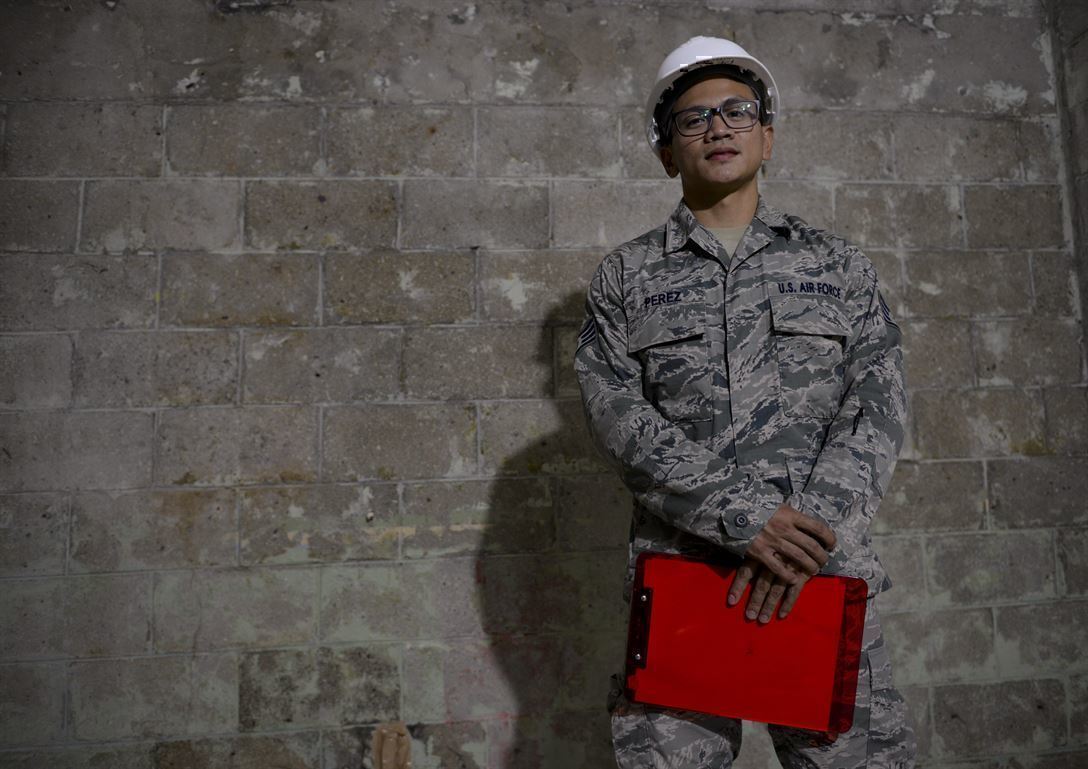If you are a transitioning military member, it is important to understand your veterans’ preference eligibility and options. Some former members may be eligible for as many as four different kinds of preference and/or consideration. As the applicant, it is your responsibility to ensure that you properly annotate your USAJOBS Profile with your eligibility and upload the requisite documents (DD-214 and SF-15). It is also important that you apply correctly.
Veterans’ preference does not apply in all hiring situations. Let’s first look at when veterans’ preference applies:
Preference in hiring applies to permanent and time-limited positions in the competitive and excepted services of the executive branch. Preference does not apply to positions in the Senior Executive Service (SES). The legislative and judicial branches of the Federal Government also are exempt from the Veterans’ Preference Act unless the positions are in the competitive service (Government Printing Office, for example) or have been made subject to the Act by another law.
Preference applies when filling competitive and excepted service jobs, and when agencies make permanent, temporary, term, and other time-limited appointments. Veterans’ preference does not apply to promotion, reassignment, change to lower grade, transfer or reinstatement.

Veterans’ preference does not require an agency to use a particular appointment process. Agencies have broad authority under law to hire from any appropriate source of eligibles, including special appointing authorities. An agency may consider candidates already in the civil service from an agency-developed merit promotion list or it may reassign a current employee, transfer an employee from another agency, or reinstate a former Federal employee. In addition, agencies are required to give priority to displaced employees before using civil service examinations and similar hiring methods.
To receive preference, a veteran must have been discharged or released from active duty in the Armed Forces under honorable conditions (i.e., with an honorable or general discharge). “Armed Forces” means the Army, Navy, Air Force, Marine Corps and Coast Guard. However, the VOW (Veterans Opportunity to Work) To Hire Heroes Act of 2011 amended Title 5 and requires Federal agencies to treat active duty service members as veterans, disabled veterans, or preference eligibles for purposes of appointment in the competitive service.
VOW requires Federal agencies to treat active duty service members as veterans and preference eligibles when they submit a “certification” when applying for a Federal job. The “certification” is any written document from the armed forces that certifies the service member is expected to be discharged or released from active duty service in the armed forces under honorable conditions not later than 120 days after the date the certification is signed.

Therefore, agencies must accept applications and consider for appointment and veterans’ preference any service member who submits a certification in lieu of a DD form 214. Prior to appointment, agencies must verify the service member is eligible for veterans’ preference, unless the service member is appointed under the provisions of 5 U.S.C. 5534a, “Dual employment and pay during terminal leave from uniformed services.”
Military retirees at the rank of major, lieutenant commander, or higher are not eligible for preference in appointment unless they are disabled veterans. (This does not apply to Reservists who will not begin drawing military retired pay until age 60.)
For non-disabled users, active duty for training by National Guard or Reserve soldiers does not qualify as “active duty” for preference.
For disabled veterans, active duty includes training service in the Reserves or National Guard.
Our next article will look at the various kinds of preference.
This article was written by Nancy Segal and originally appeared on FEDWeek.com
READ NEXT: REAL VETERAN ID CARDS WILL BEGIN BEING ISSUED IN NOVEMBER






